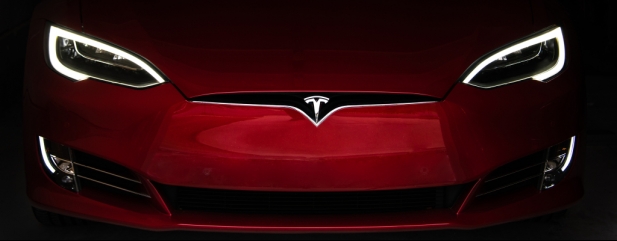Investors are calculating the risks to Tesla (TSLA:NASDAQ) as Elon Musk tries to woo financial backers for his acquisition of social media network Twitter (TWTR:NYSE). The omens are not encouraging for investors who own shares in the electric vehicle and renewable energy company.
Twitter officially accepted Musk’s $44 billion buyout offer on 25 April, sending shares in the social media platform soaring more than 25%.
Shares in Tesla fell more than 12% in the following trading session, marking a decline of more than 23% since Elon Musk first revealed his initial 9% stake in Twitter in early April, wiping roughly $280 billion off the company’s market value.
Among the list of concerns Tesla shareholders may have regarding Musk’s attempt to take Twitter private is China. Some feel the billionaire’s free speech campaign for the platform might not go down well in Beijing, where the nation’s human rights record frequently comes under attack from critics, often via Twitter.
China remains a vital market for Tesla vehicle sales, launching the Model Y in the country last year. It jumped to the top of the high-end new energy SUV category with 169,853 units sold in 2021, according to the China Passenger Car Association, making it China’s third most popular new energy passenger car.
Tesla’s Model 3 was in fourth place, with 150,890 units sold in China last year, up nearly 10% from 2020, the data showed.
China’s crackdown on its own tech industry, and censure of Alibaba’s (BABA:NYSE) tech billionaire Jack Ma, demonstrates its willingness to lay down the law to companies operating in China who do not tow the line.
Share sales by Musk is another reason for Tesla investors to worry. Regulatory filings show the chief executive and founder sold approximately $8.4 billion worth of Tesla stock last week.
Vague promises that he plans no further stock sales would leave him well short of the $21 billion equity component of the Twitter takeover deal, with the remaining $25.5 billion coming from debt financing supplied by various banks.
This has led some market commentators to speculate the whole Twitter deal is a smokescreen for Musk to offload large slugs of Tesla stock while minimising any backlash from investment markets. The acquisition includes a $1 billion break fee if Musk walks away from buying Twitter.
Nonetheless, there is some talk that Musk is in negotiations with various third-party investors including private equity for some of the $21 billion equity component.
‹ Previous2022-05-05Next ›

 magazine
magazine








